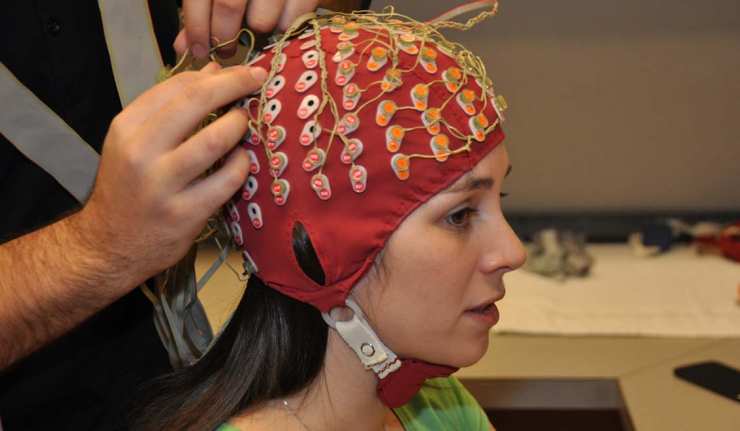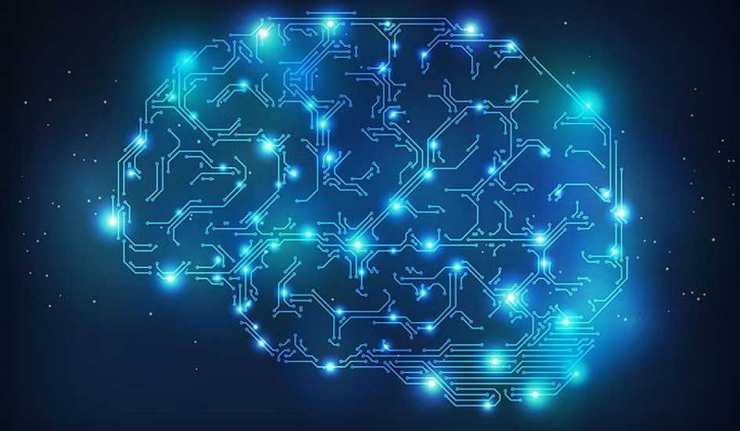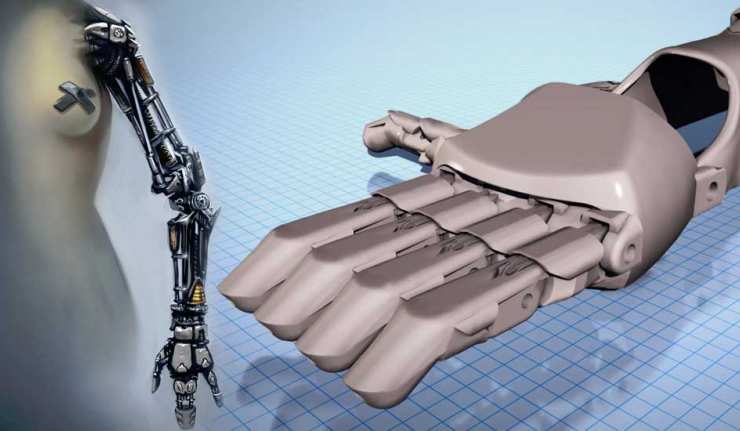Brain
Monitoring the Brain Outside the Lab
New, state of the art equipment for monitoring neural response is being developed by scientists and engineers from the University of California, San Diego. The researchers at the Jacobs School of Engineering and the Institute for Neural Computation are developing a brain monitoring system that monitors 64-channels and is wearable. The team is headed by Tim Mullen and Mike Yu Chi.
Graphene Laser Forms a Brain-Like Processor That Can Think, Recognize, and Remember
The human brain is a wondrous thing. It can process many different types of complex information nearly instantaneously. In a sense, your brain is the best computer out there—although today’s most powerful computers based on silicon chips can complete mathematical operations far faster than the average human, they are unable to or clumsy at performing certain tasks that our brains can do with ease.
First Prosthesis with Direct Connection to Bone, Nerves and Muscles
For people who have lost a limb, prosthetic arms and legs provide a means of gaining independence and feeling that they can achieve tasks on their own. Traditionally though, these prosthetics have been somewhat uncomfortable and clunky; the external electrodes can be affected by nearly devices and there is a lack of fine dexterity. Many amputees report that one of the main reasons for not wearing their prosthesis is because of problems related to the discomfort around the socket.
Pages
- « first
- ‹ previous
- 1
- 2
- 3



